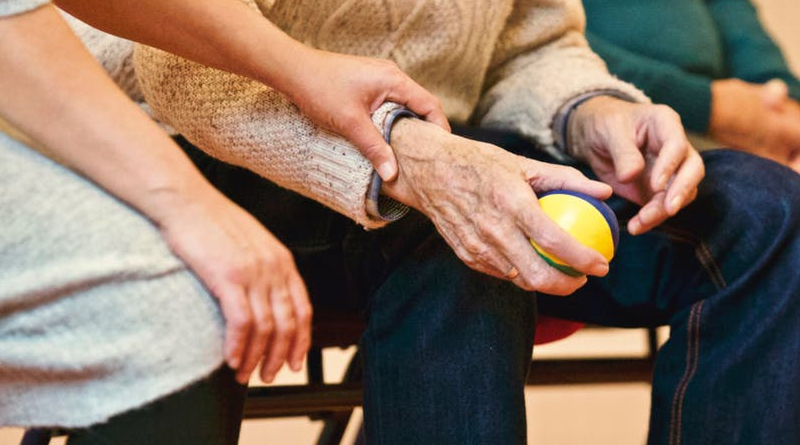HOW TO TALK TO A FRIEND WITH CANCER
If a friend or relative has been diagnosed with breast cancer, what simple things can you do to encourage them to stay positive throughout treatment? And what else can you do to support them?
Having someone close to you be diagnosed with breast cancer can be challenging. You will experience lots of thoughts and feelings which you need to resolve to allow you to support your loved one.
Firstly, though it may seem counter intuitive, look after yourself as this in turn will help you better support your friend or loved one. Try to speak to a friend or one of the many support groups, such as Macmillan, about any challenges or frustrations you’re facing. You will discover there are coping mechanisms for all sorts of situations that will help you support yourself and in turn your loved one.
Secondly, prioritise setting some time aside for yourself each week to allow you to recharge your batteries – most hospices offer support for carers which can include relaxation therapies, the opportunity to speak with someone in a similar situation, or just chat about you and how you are coping. You can also use this time to learn more about the condition and what you can expect.
All of this will help you to be in a much stronger position to enable you to support your loved one.
Some things you can do to help them stay positive are:
- Treat them the same – don’t let their condition get in the way of your relationship. They will be going through a huge change so try to keep your relationship normal and stable.
- Don’t just talk about cancer – remember that they are still the same person with the same interests they had before the diagnosis. Do things you have always done (where possible) and talk and laugh about things you have always enjoyed. It’s important not to let cancer always become the focus of the conversation.
- Acknowledge that it is a challenge – accept that this is happening and that it’s difficult. There is no point sweeping away feelings of sadness and anger, which are only natural.
- Offer to help and stick to it – many people with cancer get offers of help at the time of their diagnosis only to have those offers of help disappear. Things may get tough but, if you really want to help, stick with them and help where you can – with housework, children or everyday tasks such as walking their dog or doing their ironing.
- Don’t avoid the subject – some people will want to talk about their cancer and their fears by using humour and light heartedness; others will want to be more straight forward about it. Whichever way you end up discussing it, make sure it’s in the way that best suits your loved one. Ultimately, it’s not about dodging the topic or using different language, it’s about understanding how they want to talk about it, and supporting them in that way.
Having a cancer diagnosis does not have to be the end of the world. With advances in treatment, many cancer patients go on to make good recoveries and live long, rewarding lives. Remember that every person is different and will experience cancer in a different way. However, by informing yourself about the condition and by bringing support and laughter to your loved one’s life during their treatment, you will be able to make a positive difference to the way that they feel.
ABOUT THE AUTHOR
Evelyn Wallace is Cancer Care Operations Manager at AXA PPP healthcare

